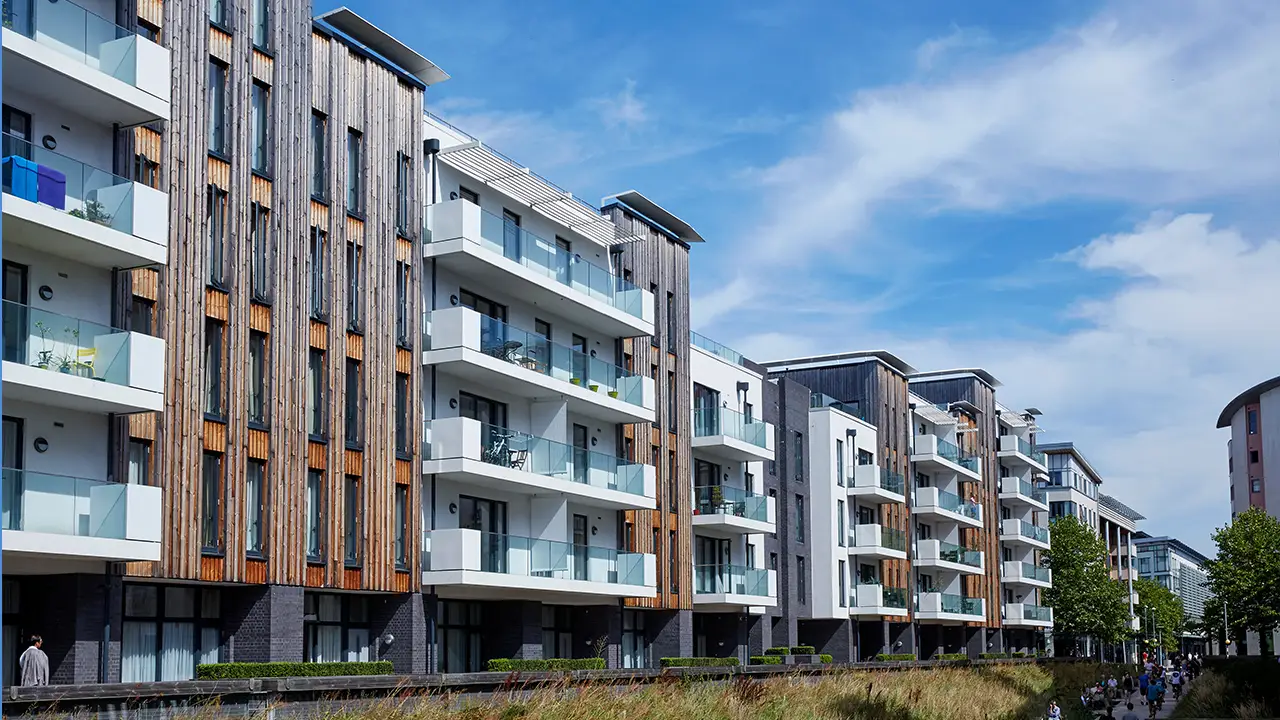
The U.S. housing market in 2025 is defined by pressure, complexity, and transformation. From high mortgage rates to volatile construction costs, many aspects of real estate have changed over the last 24 months—but few more so than the timeline required to get a condominium project approved.
The condo approval process, which was once considered a relatively straightforward box to check, has become a pivotal and often frustrating obstacle for developers, lenders, and buyers. The new reality of the market is clear: approval timelines are longer, the requirements are stricter, and the consequences of delays are more financially damaging than ever.
The Big Picture: What’s Changed in 2025
In previous years, the condo approval process was primarily a matter of preparing standard HOA documents, ensuring compliance with owner-occupancy ratios, and maintaining healthy reserves. While still necessary, these items now form only the foundation of what has become a far more detailed and scrutinized review.
Since early 2023, the housing market has seen continued inventory shortages, interest rates holding firm above 6%, and increased reliance on condominiums as a more affordable alternative to single-family homes. The result is a surge in demand for condos across both urban and suburban regions—demand that is colliding with a slower and more cautious approval process.
Government-sponsored enterprises like Fannie Mae and Freddie Mac, along with FHA and VA loan programs, have added new layers of risk evaluation. Many of these changes are directly linked to market volatility and past structural failures, and the updated guidelines now require far deeper transparency and documentation than before.
For developers, real estate agents, and HOAs, this change in pace means one thing: if your project isn’t ready for immediate and full compliance, expect delays—often lasting three to six months or longer.
Slower Lender Response Times and Stricter Guidelines
As economic uncertainty has increased, so has conservatism in lending. Lenders working with condo developments in 2025 are now under much more pressure to deliver clean, detailed, and up-to-date documentation to agency underwriters. Lenders are asking more questions, requesting more frequent updates to documentation, and flagging small inconsistencies that would have previously gone unnoticed.
For example, a budget that doesn’t allocate at least 10% of income to reserves will raise red flags for FHA. A project with more than 50% non-owner-occupied units may disqualify it from conventional financing. If a building has any pending litigation, especially involving construction defects or safety concerns, it can be temporarily blacklisted.
What this means in practice is that even minor issues or documentation gaps now trigger full re-reviews. This can easily delay the approval timeline by weeks or months. And in a hot market, that can result in missed closings, lost buyers, and damaged developer-lender relationships.
Regulatory Ripple Effects from Past Failures
Much of the heightened scrutiny on condos traces back to a turning point: the tragic collapse of Champlain Towers South in Surfside, Florida in 2021. In response, national housing agencies began reevaluating the structural and financial health of condominiums. By 2025, those updated guidelines have become a permanent fixture of the approval process.
Agencies now require significantly more documentation regarding building maintenance, repair funding, engineering inspections, and future safety plans. Even for newly built projects, there is an expectation that reserve funding, insurance, and governance must meet rigorous thresholds.
Many HOAs and developers have been caught off guard by these demands. In markets like Florida, California, and the Carolinas, where condo construction is booming, a large number of projects are experiencing multi-month delays due to documentation shortfalls alone.
This new regulatory landscape is not temporary. It is now standard, and developers must plan for it from the earliest stages of a project’s lifecycle.
Delays Caused by Incomplete or Inconsistent HOA Documents
The HOA (Homeowners Association) is at the core of condo approval. Everything from its budget and reserve funding to meeting minutes and insurance coverage is reviewed as part of the approval process. Unfortunately, many HOAs are not prepared to produce the level of detail now expected by lenders and agencies.
Common issues include outdated budgets, missing reserve studies, inadequate insurance, or vague documentation of ongoing repairs. Any of these can stall the approval timeline. Worse, the process of correcting these gaps often requires board approval or formal meetings, which can take additional weeks to coordinate.
HOA boards that are under-informed or under-resourced are particularly vulnerable to these bottlenecks. This is where proactive communication—and often professional assistance—can make a significant difference.
Increased Demand from Buyers Adds Pressure to Act Fast
Condominiums have become increasingly attractive to first-time buyers and downsizers in 2025, largely due to their relative affordability compared to single-family homes. However, many of these buyers rely on FHA or VA loans, which come with specific approval requirements for the entire project—not just the individual unit.
If a condo development is not already approved, buyers may not be able to secure financing. This puts real estate agents in a difficult position and adds urgency to the approval process. Developers risk losing pre-sales, and units may sit longer on the market due to lack of buyer access.
The demand is there—but it can only be captured if your project meets agency eligibility standards. Every week of delay increases the risk of buyer fallout.
Regional Differences Are Widening the Gap
Some markets are being hit harder than others. In cities with rapid growth or high development activity, such as Miami, Austin, Phoenix, and Charlotte, approval backlogs are getting worse. More projects are seeking approval at the same time, and local reviewers and processors are overwhelmed.
Meanwhile, smaller or less urban regions may suffer from a different problem: lack of experience navigating complex agency guidelines. HOAs in these areas may be unfamiliar with the documentation standards, and local lenders may be less efficient in submitting full, accurate application packages.
Either way, delays are occurring. And unless developers and HOAs begin preparing early—often months before the first unit is listed—they will find themselves stuck waiting as the market moves past them.
What Developers and HOAs Must Do Differently in 2025
If you’re a developer or association manager, the days of submitting a few documents and expecting a quick approval are over. In today’s climate, you must be proactive, organized, and prepared to comply with a much more detailed and evolving set of requirements.
Start by compiling your documents early. This includes the HOA budget, reserve study, insurance certificates, occupancy percentages, bylaws, and any information related to ongoing maintenance or litigation. Every piece should be reviewed by someone familiar with current FHA, VA, and Fannie Mae standards.
Next, make sure the association is financially healthy and that this is clearly documented. This includes showing that sufficient funds are being allocated toward future repairs and that there is no significant deferred maintenance.
Finally, consider hiring a specialist. Condo approval is a technical process that changes frequently. Working with a dedicated approval professional can help you identify risks early and fix issues before they delay sales or financing.
Why This Matters Now More Than Ever
Timing is everything in real estate. In 2025, market dynamics are changing quickly. Buyers have more information than ever, lenders are more cautious, and agencies are enforcing rules with greater consistency. If your condo development is not ready when the market is, you’re not just risking delays—you’re risking missed opportunities and lost revenue.
Getting ahead of the approval process is no longer optional. It is a strategic necessity. And it starts by understanding how the market affects your timeline—and who can help you stay on track.
Let’s Get Your Condo Approved Without the Wait
At Condo Approval Professionals, we help developers, HOAs, and lenders navigate the increasingly complex condo approval process with precision and speed. Whether you’re seeking FHA approval, Fannie Mae eligibility, or VA condo certification, we guide your project from application through approval with minimal delay.
Delays in 2025 are real—but they are avoidable. With the right strategy and support, your condo project can stay competitive, compliant, and ready to close.



